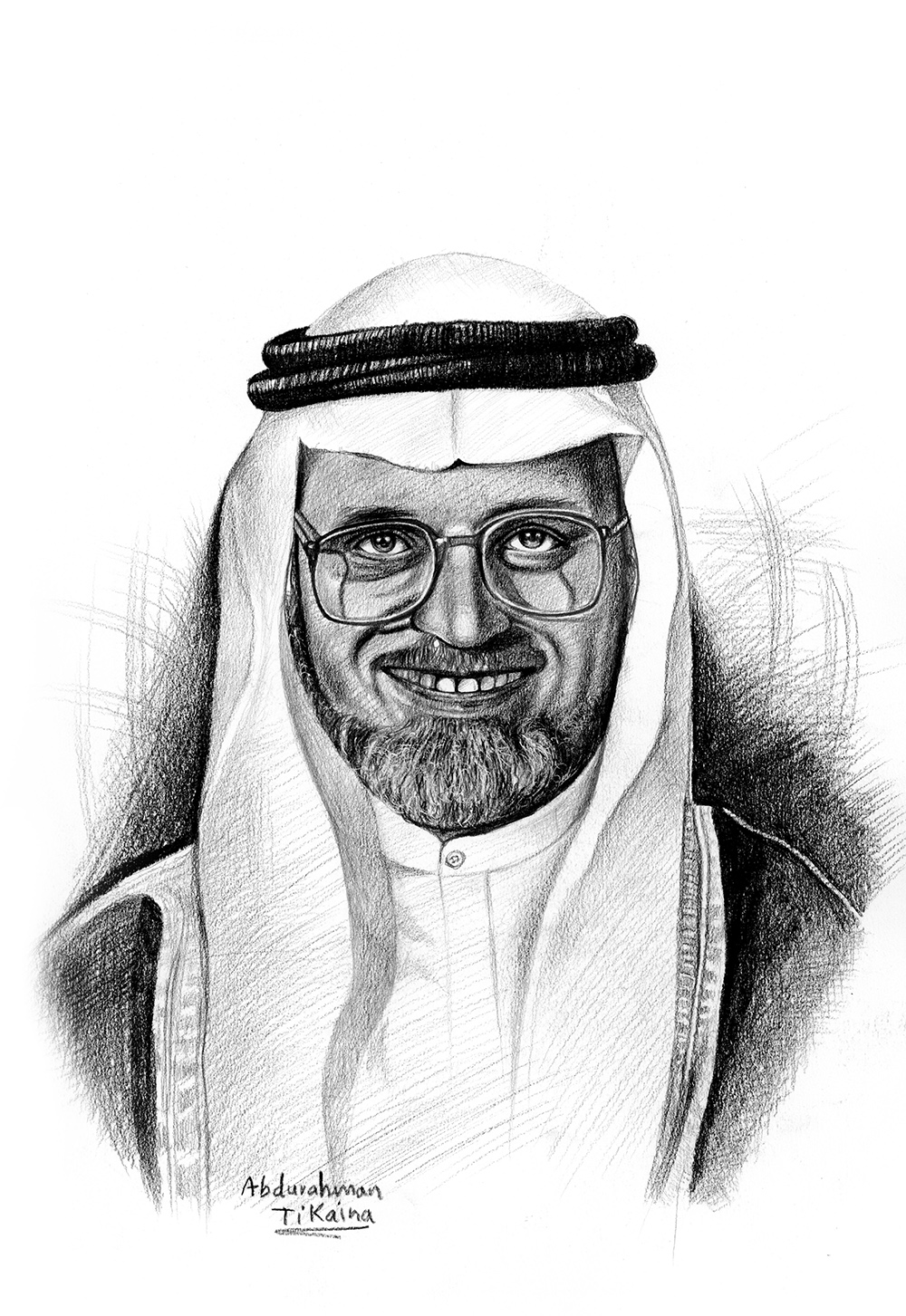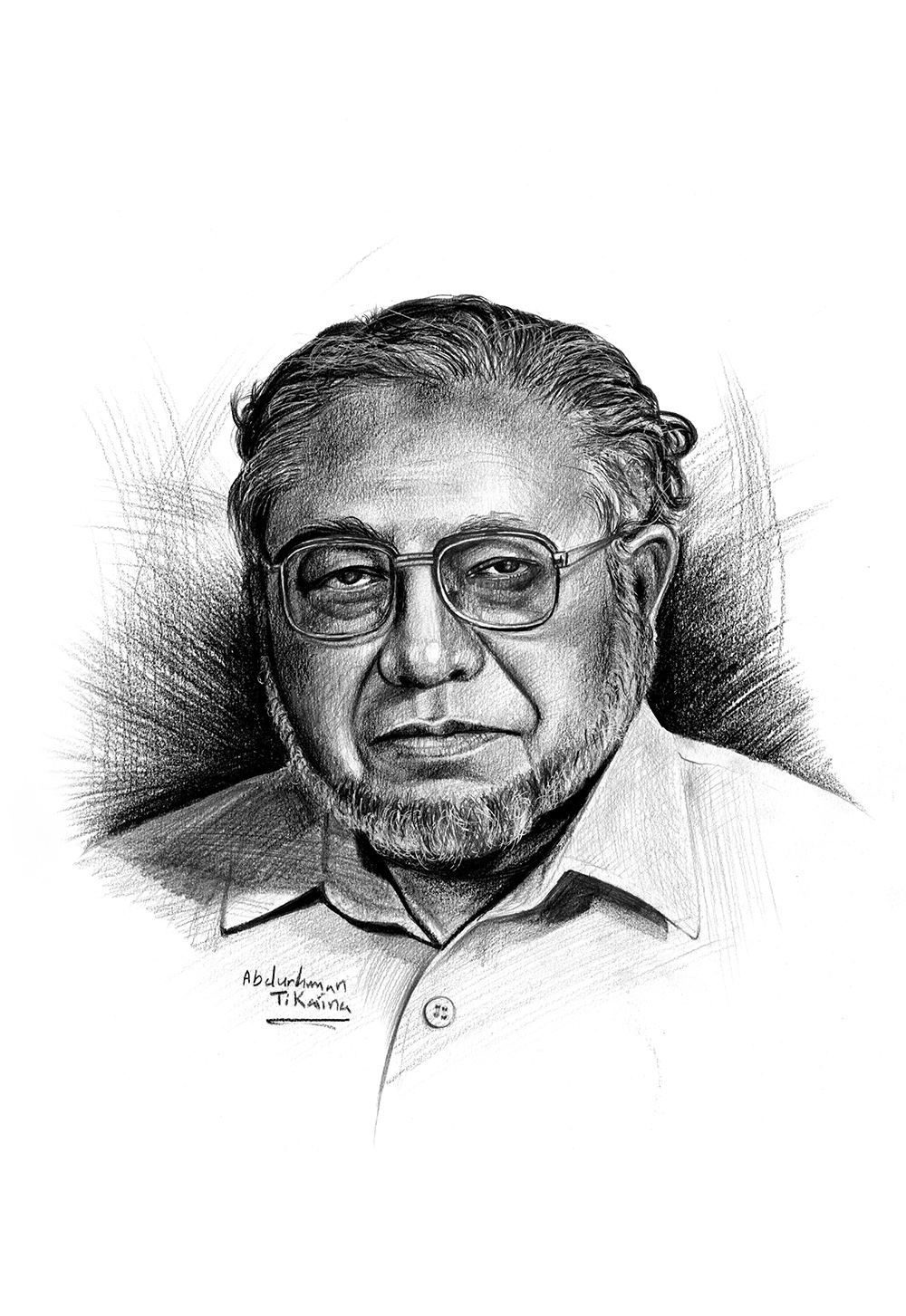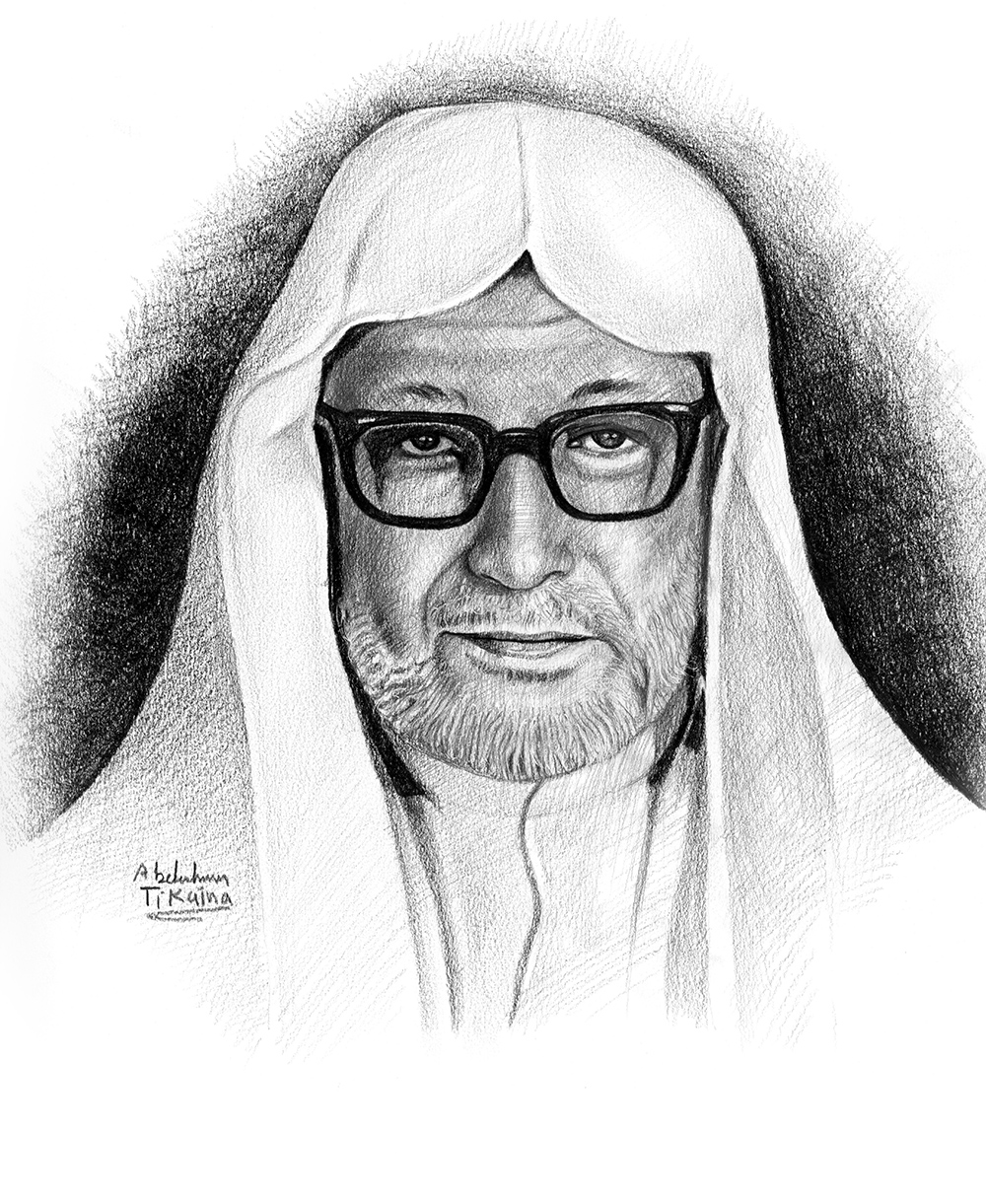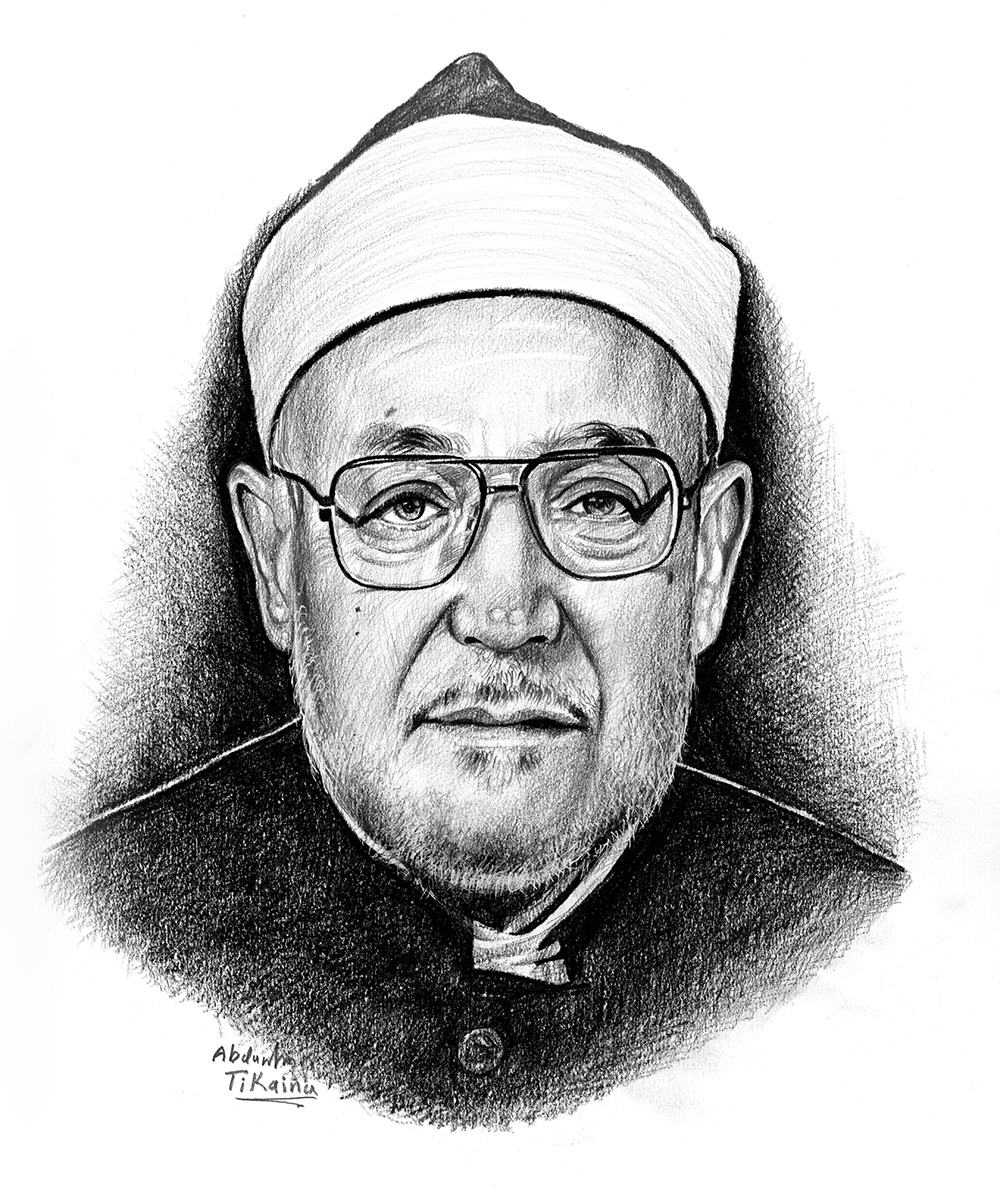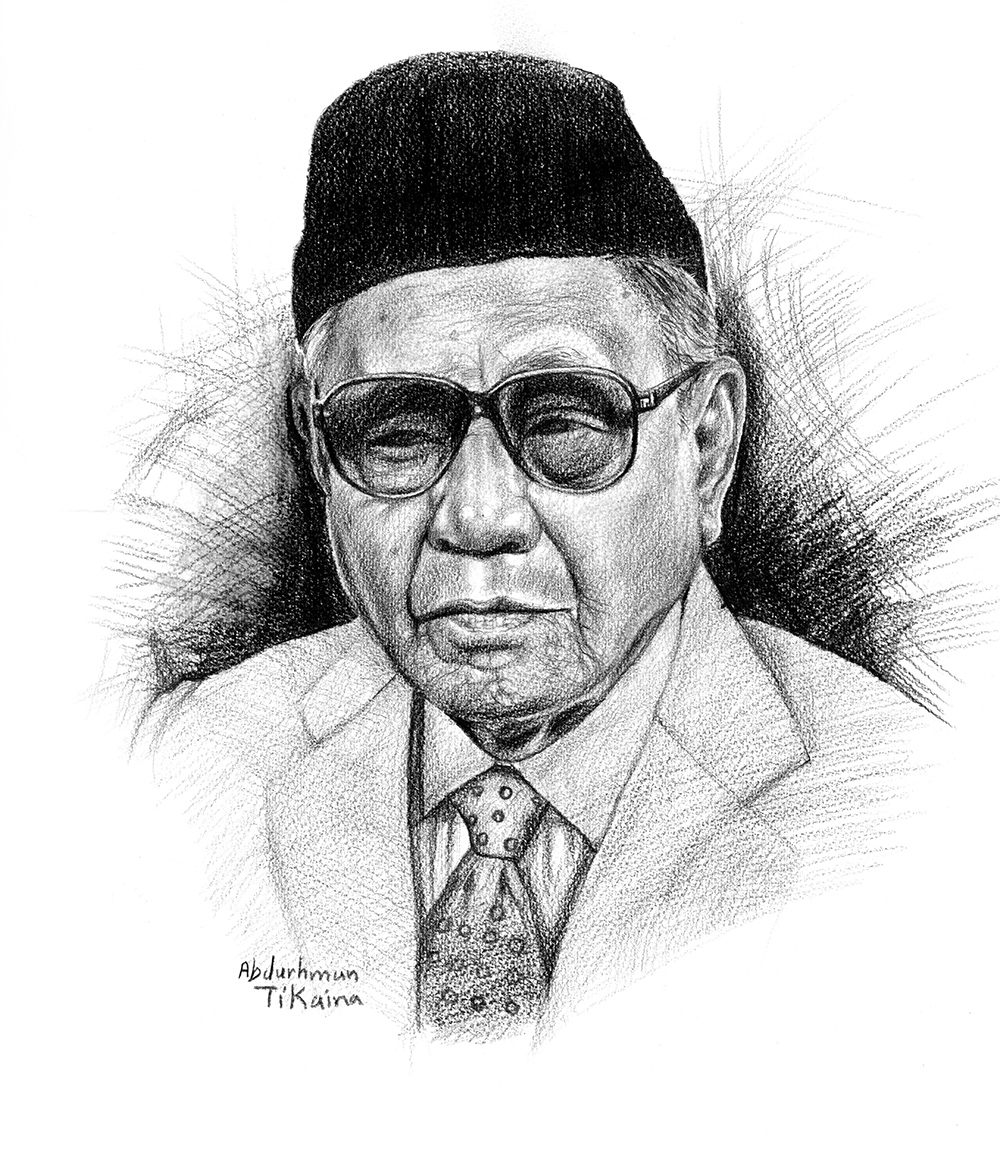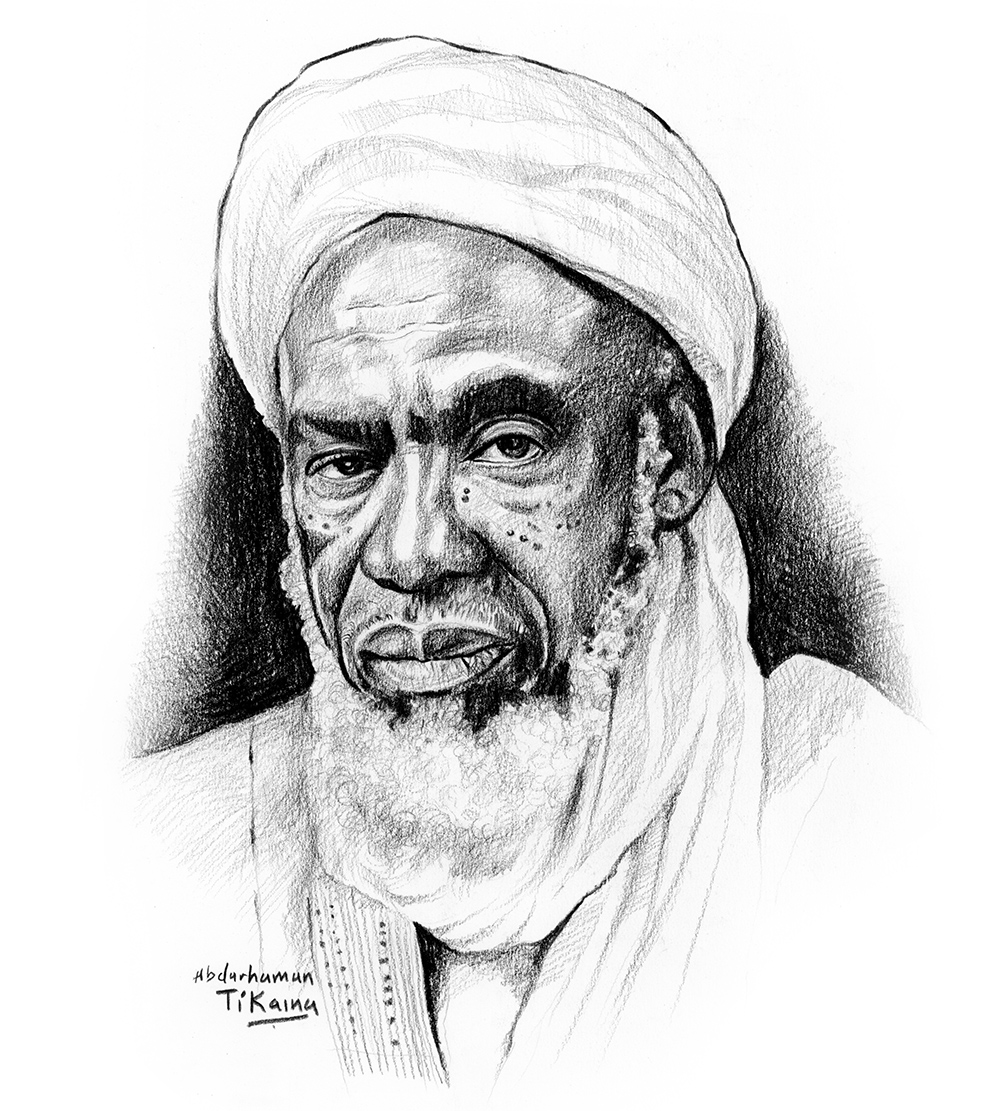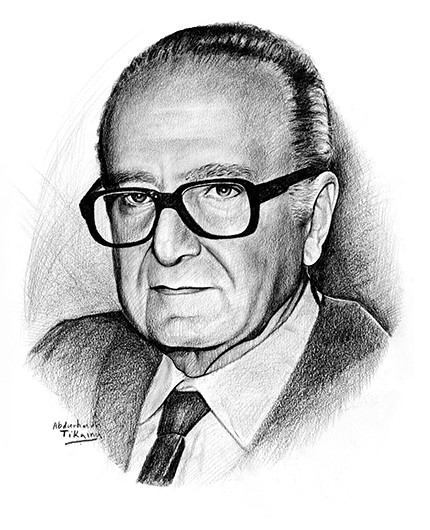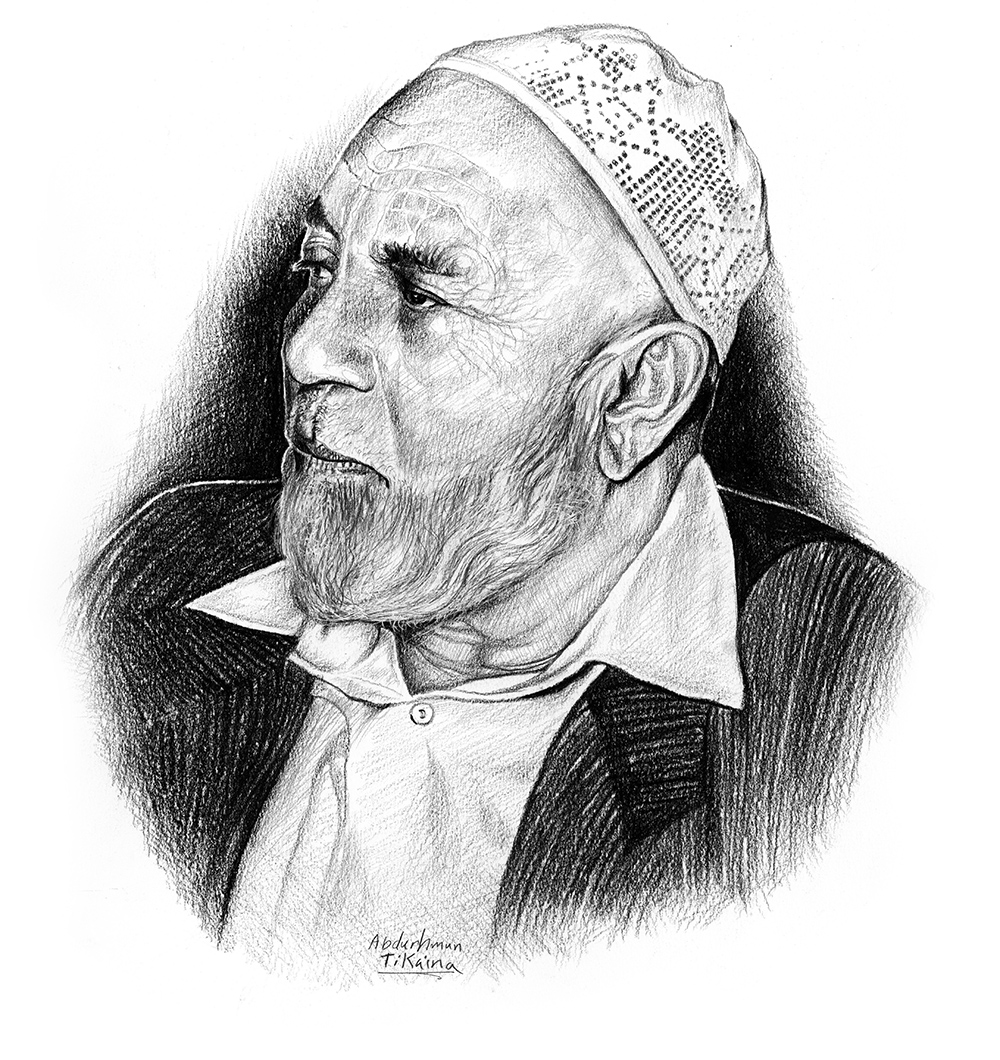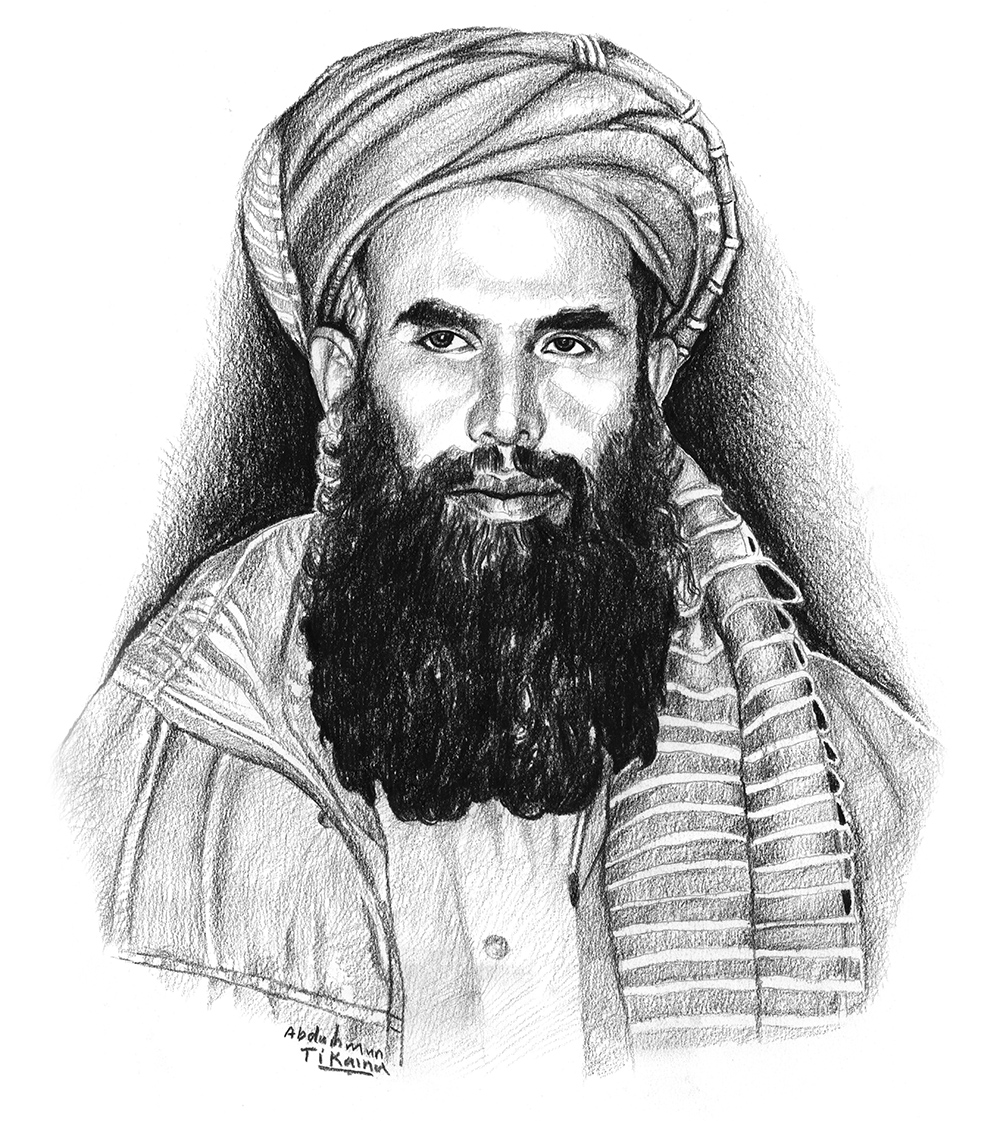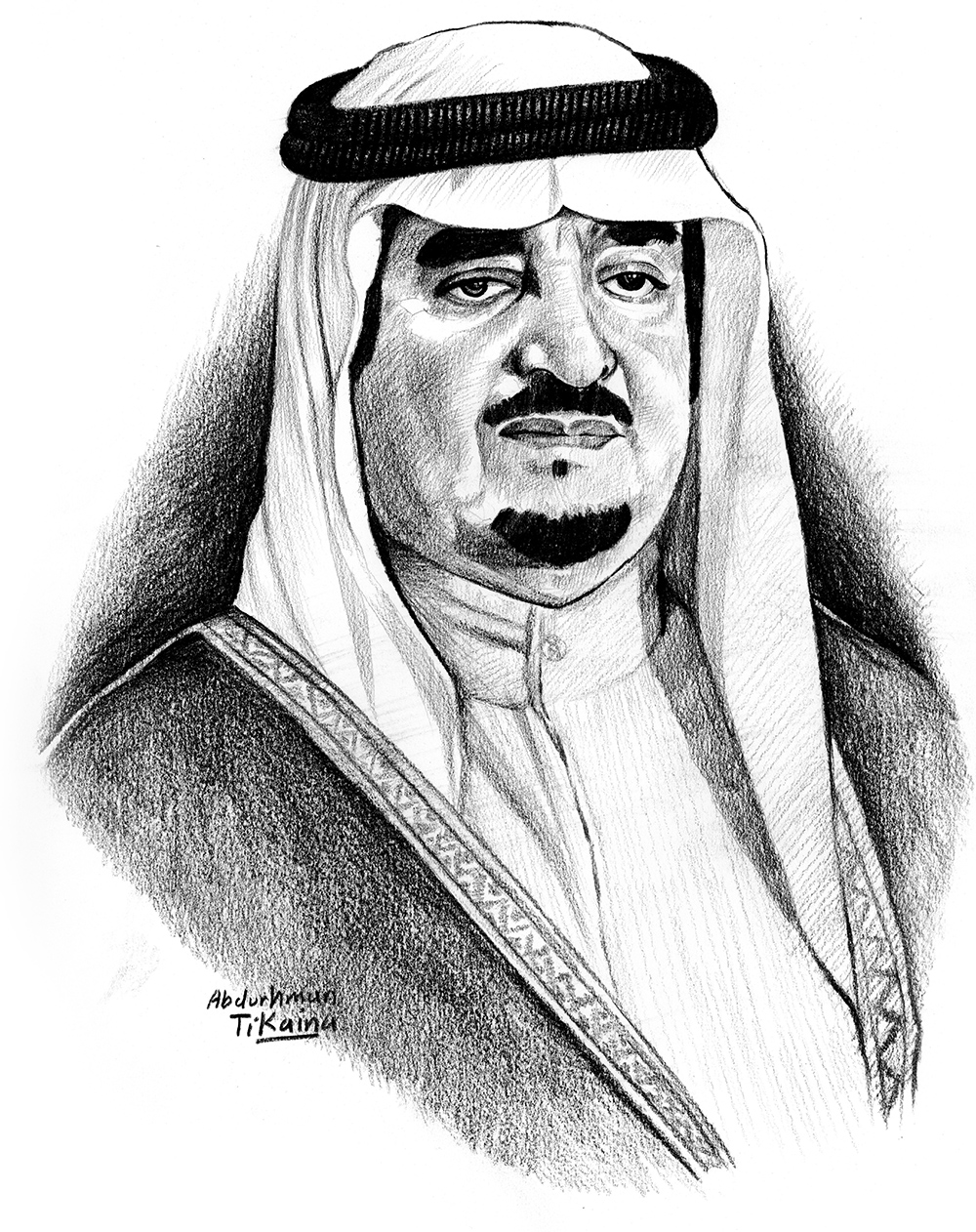After completing general education in Jeddah, Abdullah Nasif obtained a Bachelor’s degree in Chemistry from Riyadh University (currently King Saud University) and a Ph.D. in Geology from Leeds University in the U.K. He is a Fellow of the Geological Society of London.
Dr. Nasif taught at King Saud and King Abdulaziz universities, and became a Secretary General, then a Vice-President of the latter university. In 1983, he was appointed as a Secretary General of the World Muslim League. Under his leadership, the League carried out major relief operations to assist destitute Muslims in various parts of the Islamic World, launched campaigns against poverty, illness, and illiteracy among Muslims in developing areas, and provided unfaltering support of Muslim minorities worldwide.
Dr. Nasif’s commitment to serving Islam and Muslims is further illustrated by his association with numerous Islamic organizations, charities, and learning institutions. He is the Chairman of the Islamic Relief Organization, a Vice-President of the International Islamic University in Islamabad, and a chairman and a member of the boards of trustees of numerous Islamic research centers in Europe, United States, and other parts of the world, including the Institute of Arabic and Islamic History in Frankfurt, the Islamic Cultural Center in Geneva, Dar Al-Salam University in New Mexico, the Islamic College in Chicago, the Islamic Center in Georgetown University, and the Islamic Academy in Cambridge.
This biography was written in the year the prize was awarded.

